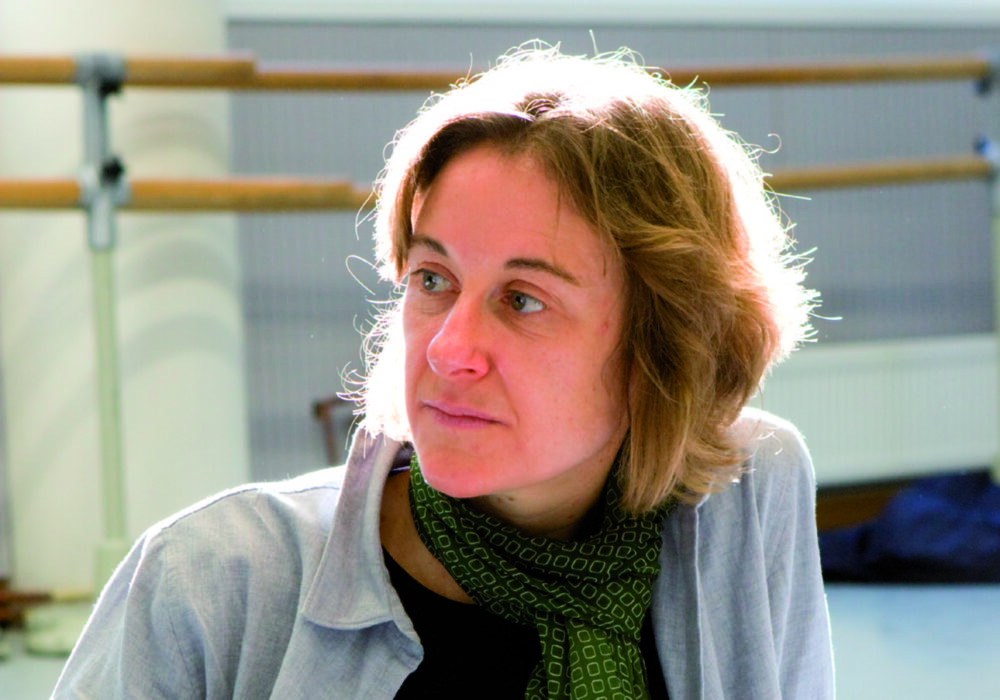Isabel Mundry

© Martina Pipprich
Biographies–including mine–usually read in a linear fashion. After studies come the master classes, after the classes come the concerts, after shorter pieces come longer ones, and after them operas. From the inside, it feels different. My biography goes in loops. It goes forward diagonally, then back again diagonally, and so on. New things are added, others disappear. For a few years now I’ve been studying again: techniques from oral cultures, especially the Gregorian chants, theories about gesture, for example by Jean Luc Nancy, the late texts of Samuel Beckett or the conceptual procedures of Paul Cézanne to paint the same thing over and over again. And I am interested in a shift from the active to the passive in composing, how a figure is not only an expression but also an imprint of something, and how listening is not only oriented to what is coming but also to what was. I’m looking for new techniques for that. So I’m slowing down again, pieces are getting shorter again, remain fragments, like in the beginning.
Also, I’m very much involved right now with the question of how postcolonial debates can be conducted without becoming a show that repeats the problem in a different way. Again, I’m interested in other forms of listening. This is also slow. Bénédicte Savoy recently said that in Europe, cultural objects displayed in museums would be called objects. In Africa, it would be different. There they would be subjects. I am very moved by this thought. And it connects with questions in my composing.
Isabel Mundry